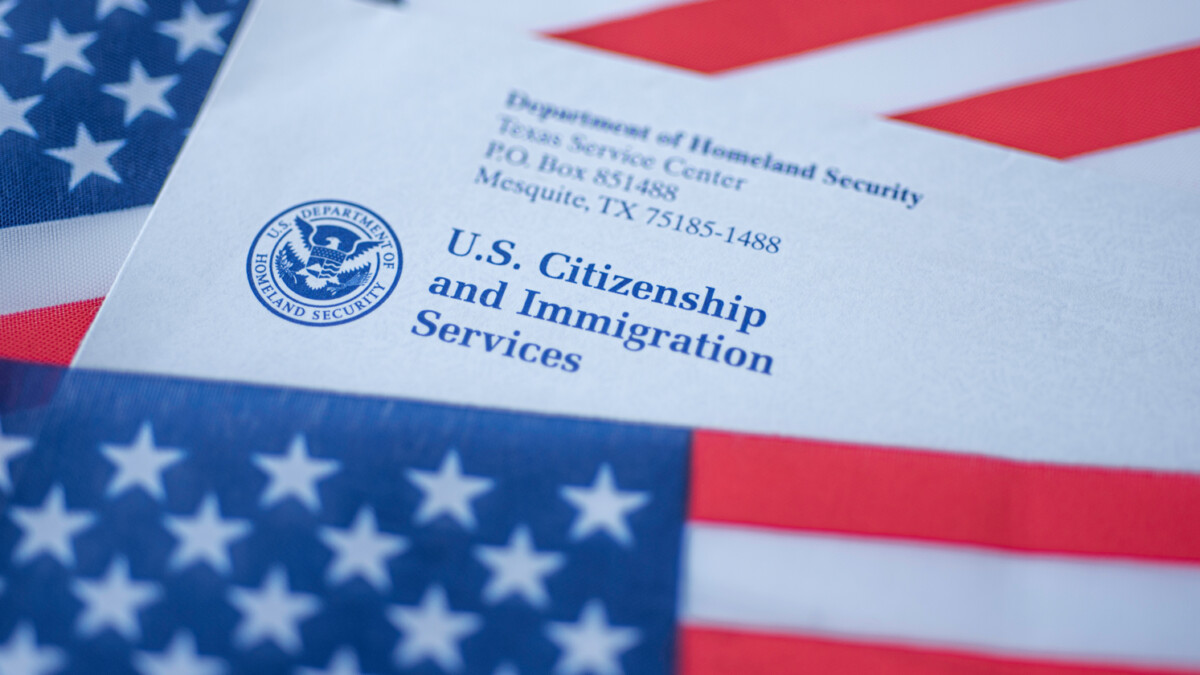One of the biggest challenges undocumented immigrants in the United States may face is the state in which they reside with that immigration status.
U.S. states regulate immigration in various ways, some more strictly than others.
Just as there are states that implement severe regulations that make crossing borders, working, accessing education, and healthcare among other aspects of life difficult, other states are more lenient and welcome them in so-called sanctuary cities, offering refuge and greater security of life.
If you want to know which states implement strict laws and which are more friendly in this regard, we suggest reading this article to the end.
States with stricter immigration laws
Many regions implement immigration laws that make life difficult for undocumented immigrants in the United States.
Among them are Iowa, West Virginia, Alabama, Idaho, Kansas, Arizona, Arkansas, Tennessee, South Carolina, Georgia, Indiana, and Montana, but when it comes to strictness, two stand out above all: Florida and Texas.
Under the leadership of Ron DeSantis, the state of Florida reached the culmination of a fierce struggle against the immigrant population in 2023.
In July, the S.B. 1718 law came into effect with more severe measures that, among many other clauses, include the expansion of requirements for employers.
Companies with more than 25 employees will have to use E-Verify, a federal system that determines whether workers can legally work in the United States.
It also prohibits counties and municipalities from granting funds to any person, entity, or organization to issue identification documents to those who do not provide proof of legal presence in the country.
The same legislation penalizes an illegal immigrant for entering Florida and regulates other criminal sanctions against those who hide, cover up, or protect them from detection.
It requires hospitals that accept Medicaid to gather information about the immigration status of their patients on admission or registration forms to medical institutions.
In addition to Florida, Texas is the other state that most severely implements legislation that limits and reduces them.
The SB4 law, a two-part legislation, has just come into effect in that region, with the first portion coming into effect on February 6.
In this first part, it is established that drivers who are stopped transporting undocumented people will serve a mandatory minimum sentence of 10 years in prison.
It also establishes that those who hide immigrants in safe houses will also be imprisoned with mandatory minimum sentences of 5 years.
The second part will come into effect in early March and grants status to local and state authorities to arrest undocumented immigrants and prosecute them for misdemeanors, without federal government mediation.
Among the regulations, it also establishes that undocumented individuals arrested at the southern border could be charged with a first-degree felony.
States more lenient with undocumented immigrants
Just as there are states very strict with undocumented immigrants, others adopt a much more lenient policy towards them.
According to data provided by the Center for Immigration Studies at the end of 2023, there are more than 180 sanctuary jurisdictions in the United States.
These cities, counties, and states implement “laws, ordinances, regulations, resolutions, policies, or other practices that obstruct the enforcement of immigration laws and protect immigrants from ICE,” the center indicates.
In total, there are more than 100 cities and counties and 12 such states in the country.
Given the number, it would be almost impossible to mention them all in this article, so we will only touch on some such as California, Colorado, Connecticut, Illinois, Massachusetts, and Washington.
✅Para Recibir TODAS las Noticias GRATIS 👉Síguenos desde Aquí

